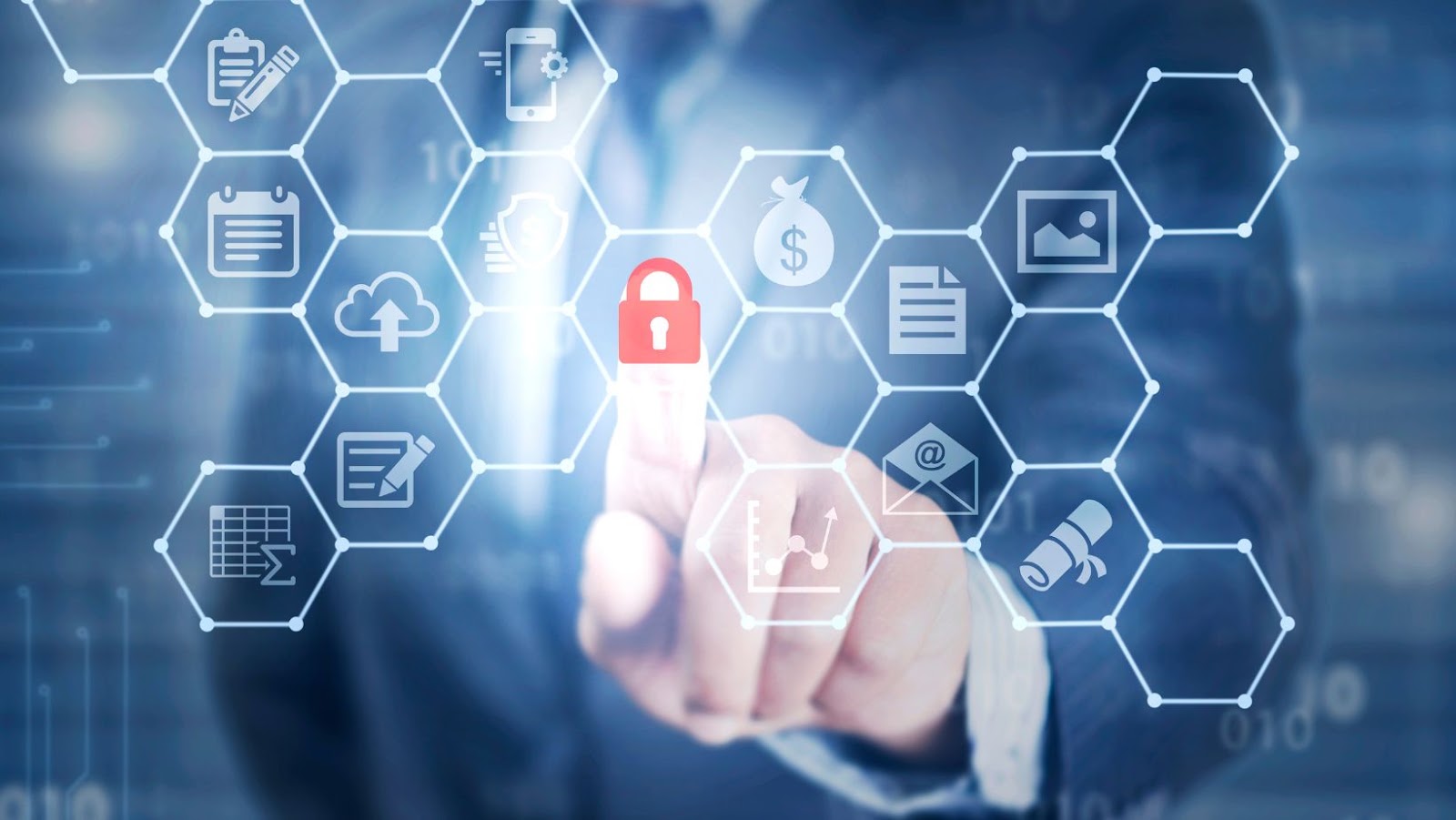In the modern world, our lives are increasingly digital. From online banking to social media, we rely on the internet for various activities. As such, ensuring our online information is secure is essential.
So, what is a card issuer supposed to do with tokenization? SoFi, “The issuer is responsible for determining a credit card’s terms and features.” They can use tokenization to protect cardholder data. Tokenization replaces your credit card number with a random string of numbers, making it much more difficult for criminals to obtain and use your card information.
Tokenization: What Is It and What are its Benefits
Tokenization is one of the most popular implementations of encryption technology in the financial services industry. Next, we’ll explore the benefits of tokenization and give you an overview of how it works with your existing systems and applications. Let’s get started.
Benefits of Tokenization
A. Tokenization provides an additional layer of security for companies that store sensitive information such as credit card numbers, social security numbers, and even personal identification information.
B. Tokenization protects data in case of a breach as organizations can immediately revoke tokens without affecting protected data.
C. Data breaches cost businesses $6 billion in 2018 alone, so tokenization should be a priority for any company storing valuable customer or client data.
D. Tokens are much easier to revoke than sensitive data, which makes them more secure than other methods of protecting this kind of information.

E. The tokens themselves may never need to be changed; only the keys that manage them need updating periodically.
With tokenization, institutions can convert sensitive data such as credit card numbers and bank account information into a token representing the value of the original data. This way, you can transfer sensitive data across networks without risking any breach or compromise.
The Processes Involved in Tokenization
The data is tokenized, which involves splitting it into segments called tokens. It is possible to access these tokens via a database, but they cannot be viewed or modified.
Steps You Can Take to Safeguard Your Data
1. Look for tokenization to be offered by your bank, credit card company, or other financial institution.
2. Choose a password that is not a part of your name, address, phone number, etc.
3. Set up two-factor authentication on all of your accounts.
4. Get malware protection software installed on all of your devices.
5. Encrypt any sensitive files you store online with strong passwords
6. Don’t click on links from unknown email addresses or texts from unknown numbers.

Tokenization is highly secure because the keys to this database can only be used by the organization that holds them. The encryption process involved in tokenization is also one of the reasons it provides such high security for databases, as well as being able to process large volumes of data quickly without any information being lost.
Tokenization is the process of replacing sensitive data with randomly generated numbers or tokens that retain all the essential information about the original data without compromising security. For example, tokenization can protect credit card numbers, social security numbers, and other personal information.














